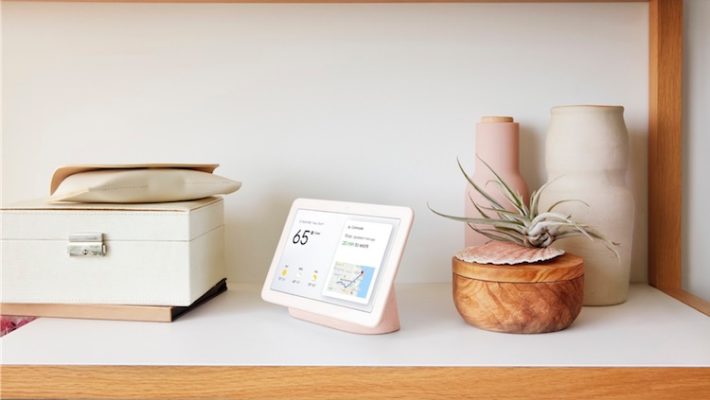Smart home assistants have advanced considerably over recent years, starting as oddly shaped pucks that can tell the time or weather; now morphing into in-home marketing systems that can potentially promote products or even drive entire industries forward.
Many pondered in 2018 whether the introduction of the display-based smart assistant Google Home Hub was the brand’s way of further pushing its own products and services, such as its paid YouTube plans. However, other industries are still working out the kinks of using this technology to develop and grow. One such industry is sports betting, which when fully realized may allow users to place bets on their favorite sports teams with a simple “Hey Google” command.
This concept remains largely hypothetical within the budding U.S. sports betting market; however, there have already been some specific steps toward betting integration. Users can already access basic sports information from smart home assistants, such as the time a game will start or its current scores. Additionally, Amazon Echo devices can provide basic tips or information on sports betting; where legal. The Alexa smart assistant can even operate with sports betting platforms, such as FanDuel to facilitate actual bets.
The virtual sports betting industry in the United States is still fairly new. In the spring of 2018, the Supreme Court passed a decision allowing states to legalize and regulate internet sports betting, which caused New Jersey to open up shop almost immediately. Nearly two years later, New Jersey is home to some of the most popular sportsbooks in the U.S., including Unibet, PointsBet, and the William Hill Sportsbook.
Not all states have been quite as quick to adapt, but dozens are now at one stage or another of the legislating and regulating process. Pennsylvania has passed new laws, directly imitating New Jersey’s sportsbooks. New York has also opened some new land-based betting centers and is expected to follow suit with online betting legislation, likely in an effort to not lose gambling revenue to New Jersey.
This all paints the picture of an industry on the rise. The rapid growth of New Jersey’s sportsbooks has already produced revenue for the state and has gotten many Americans interested, if not participating in sports betting. Most of this activity is taking place digitally, through websites, and even mobile apps put out by the specific betting platforms. Now, there are some indications that the next step might be for smart home assistants to facilitate voice-command betting through those sportsbook apps and sites that would choose to participate.
A 2018 article discussing the inevitable intersection of voice assistants and sports highlighted Alexa’s jump into the world of sports, specifically noting that users could ask the Amazon Echo devices questions such as when a given event was during the Olympics, or how many medals a given athlete had won.
With further integration, Alexa, as well as Siri, Cortana, and others may be able to answer such betting questions as ‘What are the Lakers’ latest title odds?’ or, ‘Who’s favored in Saturday’s Yankees game?’ Beyond this, users may even be able to act on the answers to those questions simply by saying out loud, “Put $10 from my account on the Lakers to win the title”?
If the industry continues to progress, it may not be long before sportsbook integration is among the main selling points on upcoming smart home assistants.




